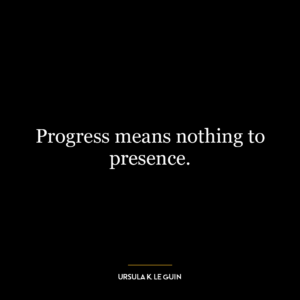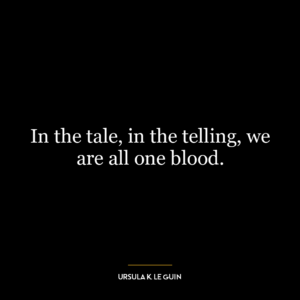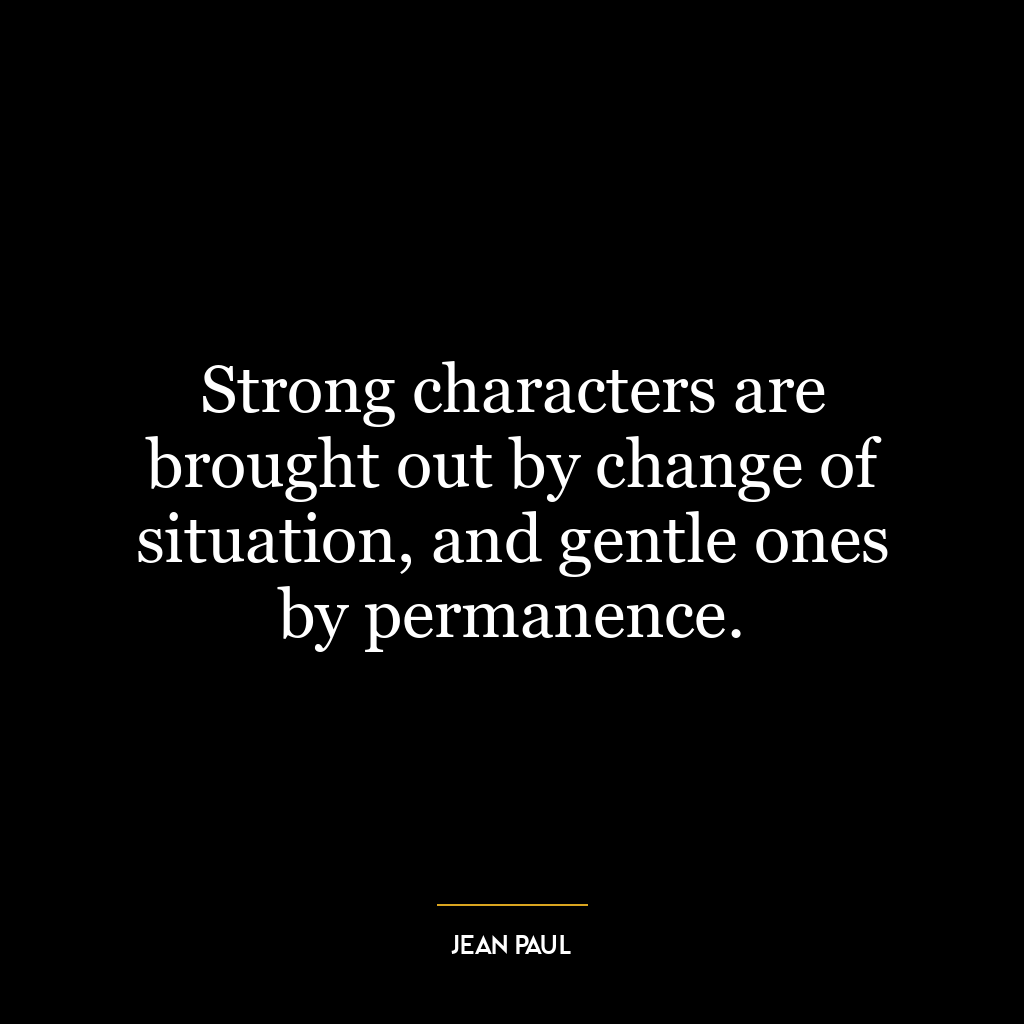I have decided that the trouble with print is, it never changes its mind.
This quote implies that once something is printed, it becomes fixed and immutable, incapable of adapting or evolving with new knowledge or perspectives. It’s a commentary on the static nature of printed information, which, once published, cannot be altered or updated. This can be seen as a limitation, especially in a world where our understanding of various subjects is constantly evolving.
In the context of today’s digital age, this quote is even more poignant. Unlike print, digital content is dynamic and can be updated or changed as often as needed. This allows for a more fluid exchange of ideas and knowledge. However, it also raises questions about the reliability and permanency of information. When something can be changed so easily, it can create uncertainty about what is true or factual.
In terms of personal development, it underscores the importance of adaptability and open-mindedness. Just as print is criticized for its inability to change, so too can individuals become stagnant if they refuse to change their minds or consider new perspectives. It’s a reminder that learning is a lifelong process, and that we should always be open to changing our minds in the face of new information.
Moreover, it can also be seen as a call to be cautious about what we accept as truth, reminding us that just because something is printed doesn’t make it infallible. We must always question, verify, and understand information before accepting it, especially in a world where misinformation can be easily spread.













